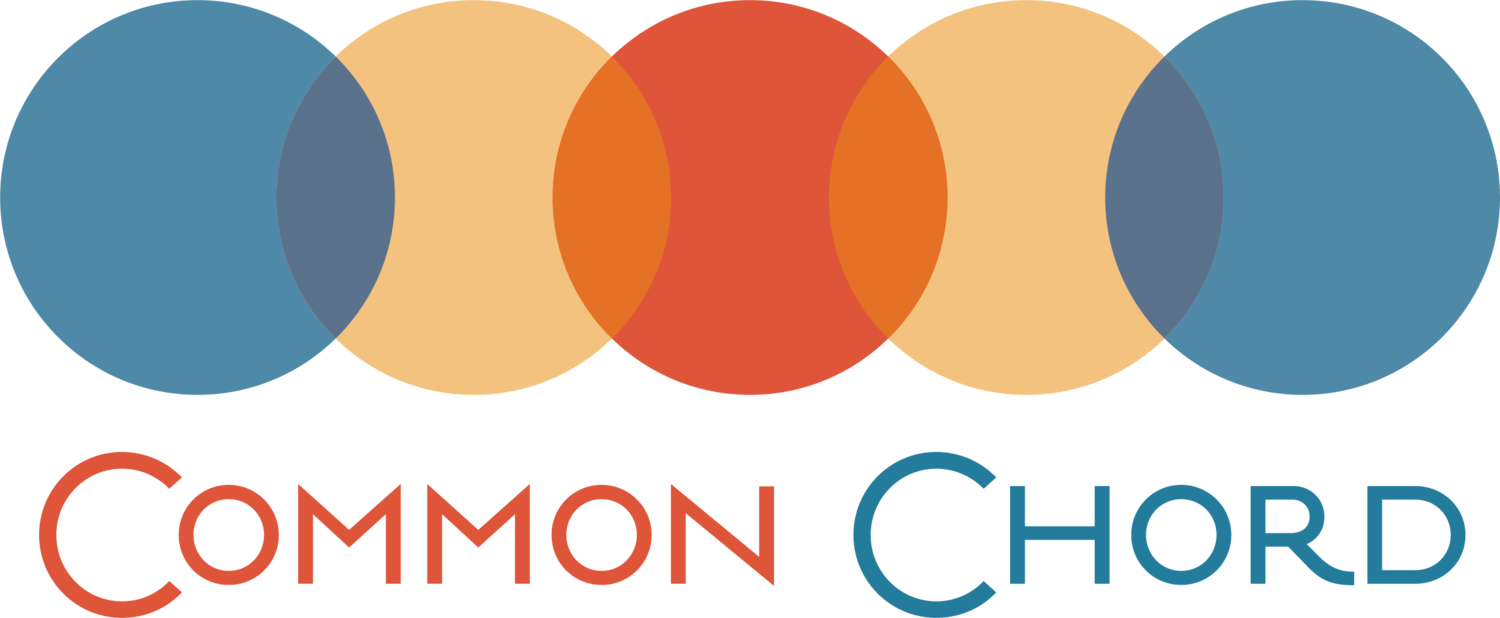Race, Racism and The Olympics: Get Better At Talking To Your Kids About Racial Inequity
Over the years, I have definitely gotten some clearly exaggerated child eye rolls sent in my direction when I start discussing race in my home. I look to daily events in my family’s life and current events in the news to spark opportunities to discuss race, racial inequity and racism. On some levels, it’s unfortunate that there are so many events that occur that allow me to check in with my child about these issues. On the other hand, it allows a White woman like me many opportunities to practice talking about race. As a White woman from a predominantly White part of the US, I didn’t grow up learning the skills to do this. To be part of the solution- not part of the problem- I need to make up for lost time.
The media frenzy related to the Olympics offers us many moments to practice getting curious with our kids about race. There has been talk about when and where are the right places to protest racial injustice. Is the Olympics the right time to make a statement? For folks in a position of privilege is there ever a right time to be faced with the discomfort of having past present and future actions “called out?” Can White people ever have a say in the “right way” for people of Color to protest racial injustice? These are great questions to ask kids. History shows us that change has required discomfort on the parts of people in power. Talk about this with your children. Look for examples in history together.
Ask your children what they think about swim caps that make room for Black braids and locs. Wonder why a committee would hesitate to approve them in a pool because they “don’t follow the shape of the head.” They DO follow the shape of a Black head with some natural hairstyles. Get curious together about the history of the way that Black hair has been “othered” and marginalized. There are countless stories in the media where schools and companies and institutions decide that only certain Black hairstyles are presentable or professional. Often its Black hair in its most natural forms that is deemed inappropriate. Wonder out loud with your White child what it would look like to have your natural hair touched curiously, and deemed inappropriate for school or unprofessional for work. Wonder aloud with your Black and brown children how sneaky it is that White norms for hair and appearance get to set the rules everywhere.
While these are not easy things to discuss, we as White people have to get better at being uncomfortable as we learn to do so. White children deserve an accurate understanding of race and an accurate racialized view of the world, so that they know how to be part of making things better. Black and brown children need help putting language to the experiences of “othering” they are having as they move through the world. When they see the systems at work, they don’t ingest the harmful messages out there the same way.
I continue to learn every day. I stomach the kid eye rolls and the discomfort I have felt, and will feel, as I stay this course. My child now rolls his eyes less (a little bit less) and has had conversations with me. It’s hard to know where to start. It feels overwhelming sometimes. I’ve made it part of my life’s work to try to highlight lots of concrete ways to find opportunities to have hard conversations, and develop the skills to actually have them.
If you are a parent, or a clinician working with kids and families, I invite you to check out my latest Common Chord psychology coffee and conversations, and the first 5 episodes of my podcast, for more support developing skills to talk to kids about race and racism.
I am glad you are here. Together we’ve got this.



